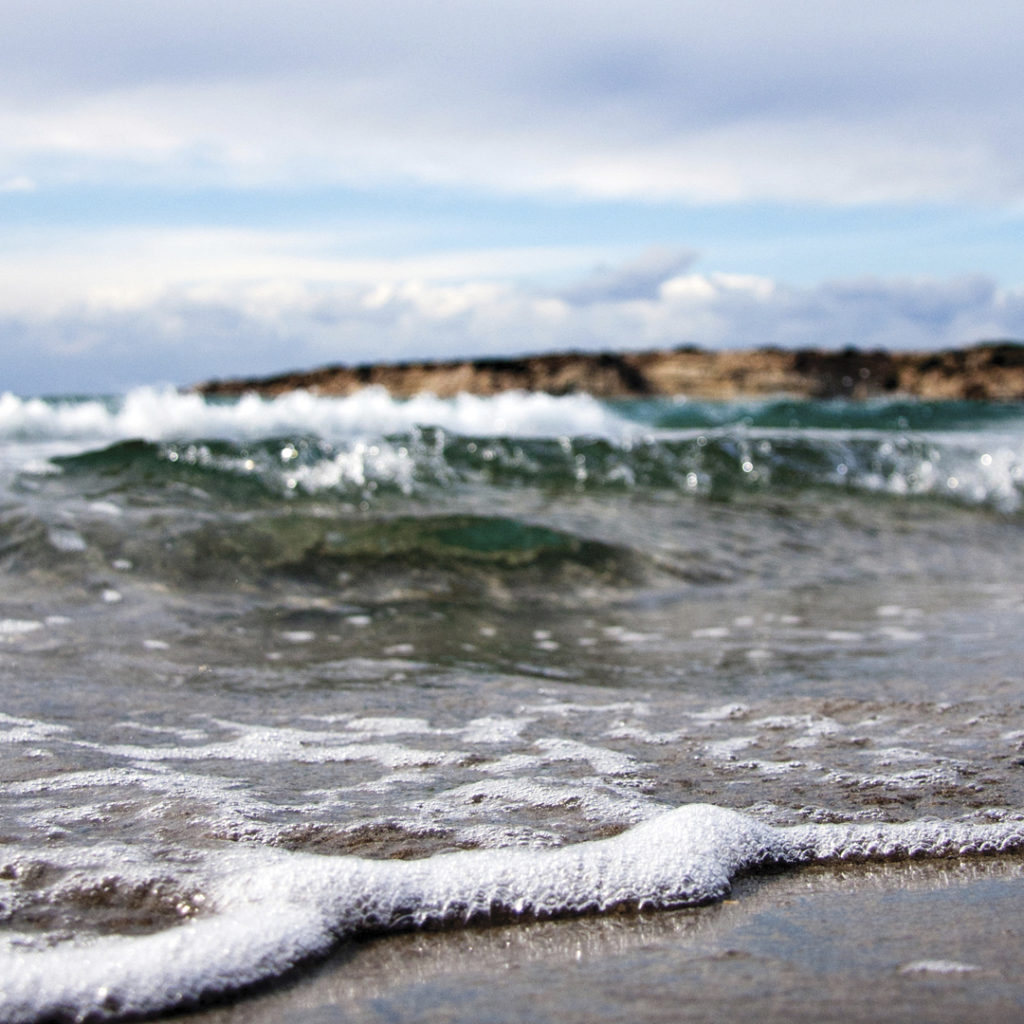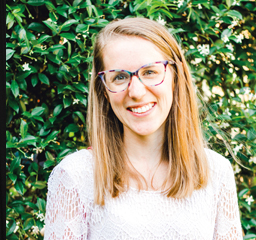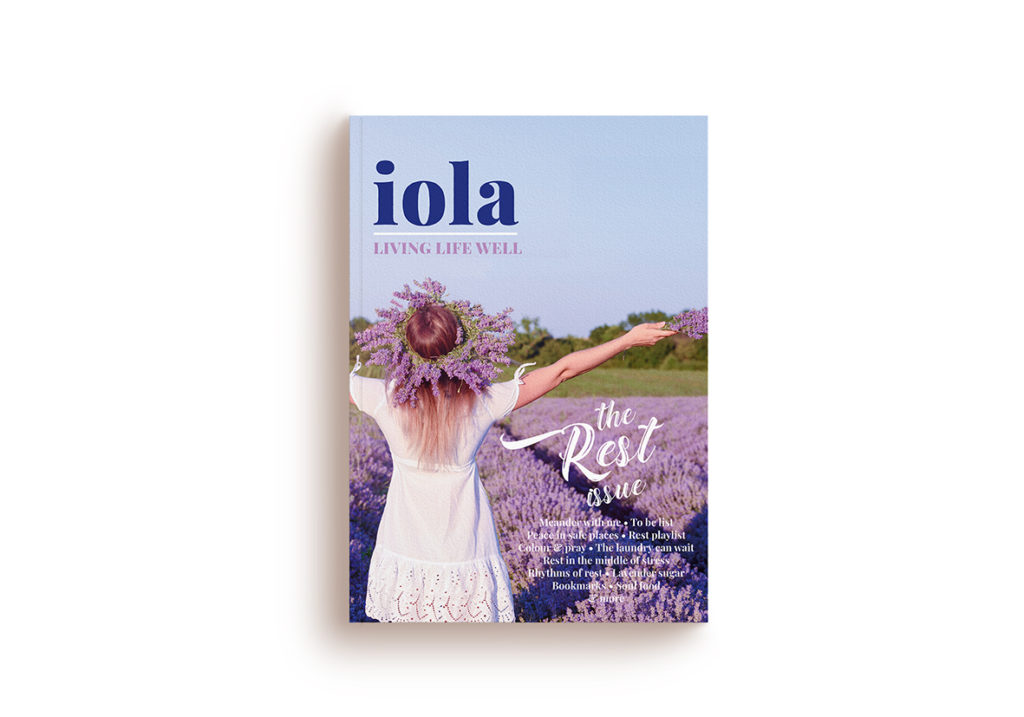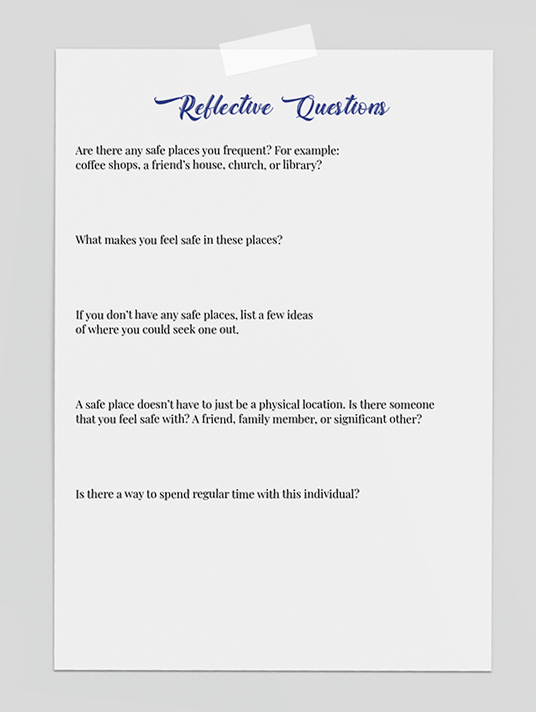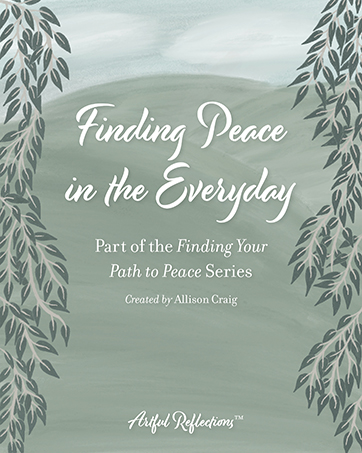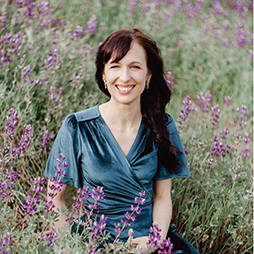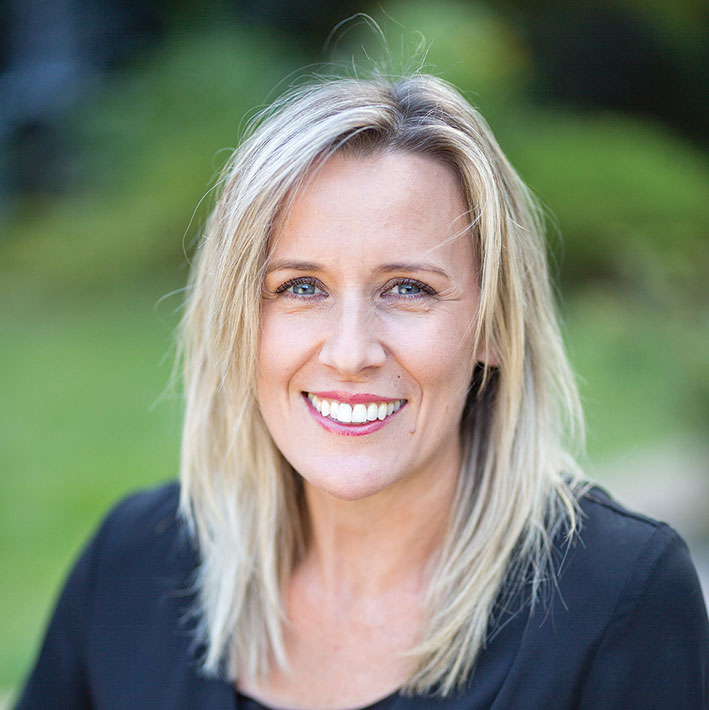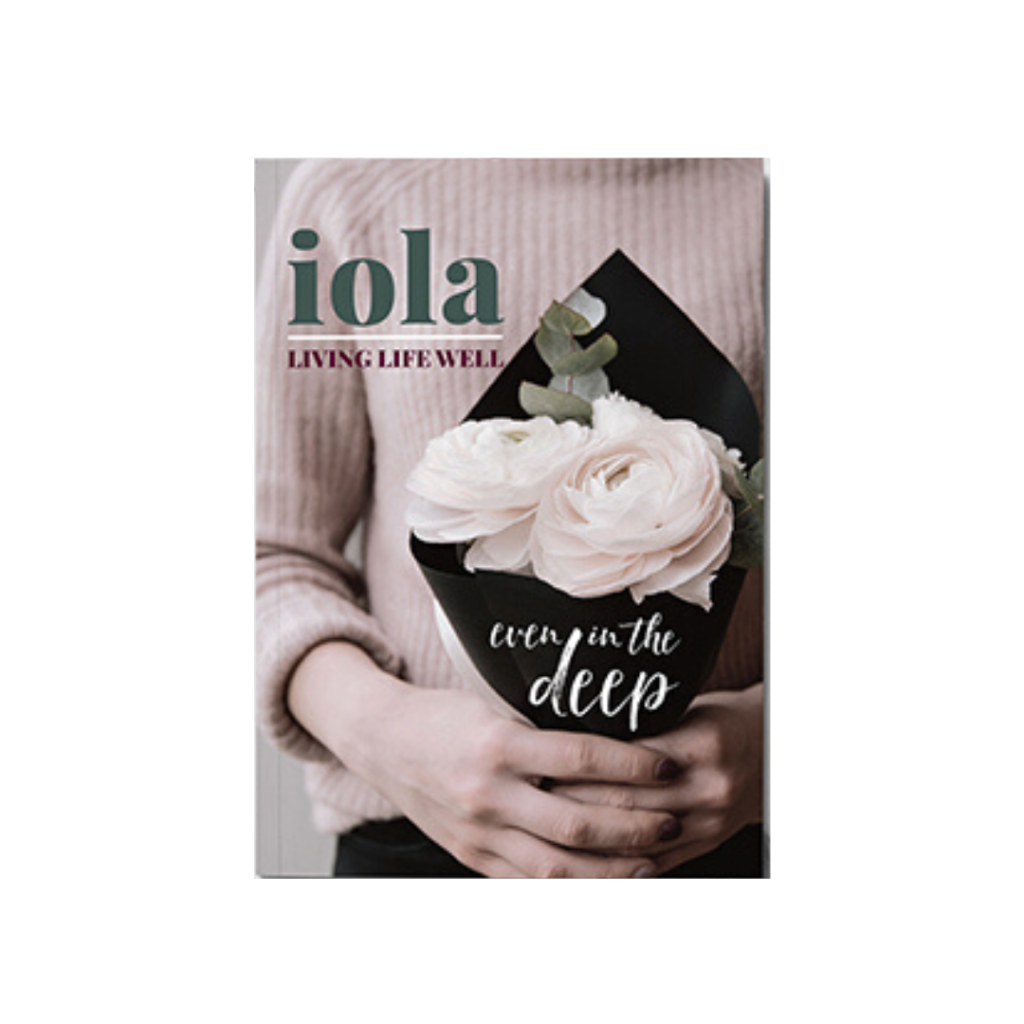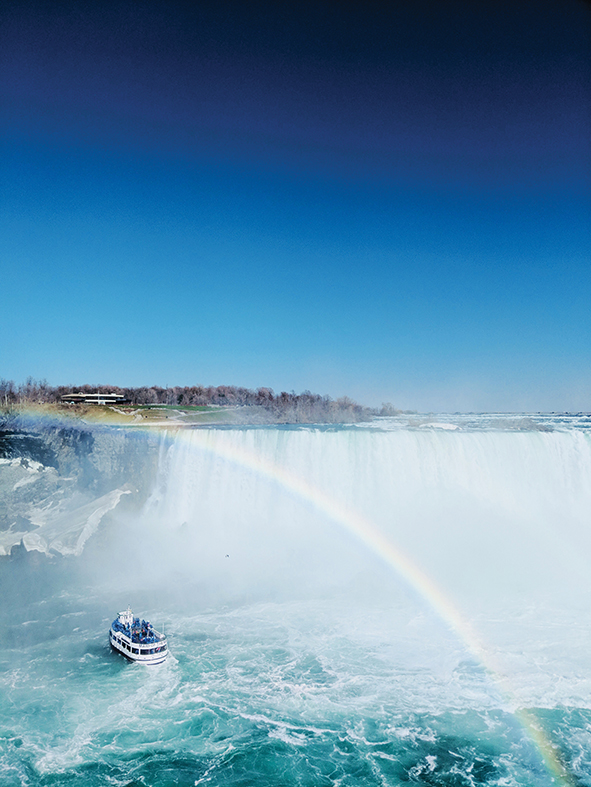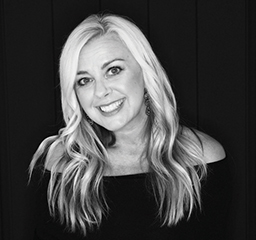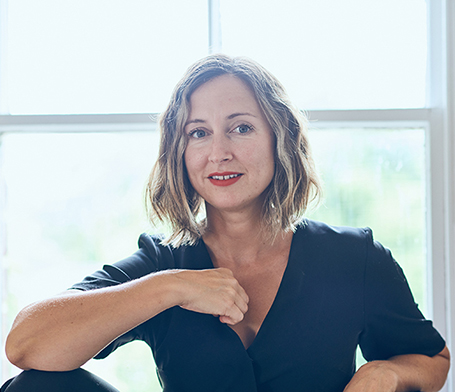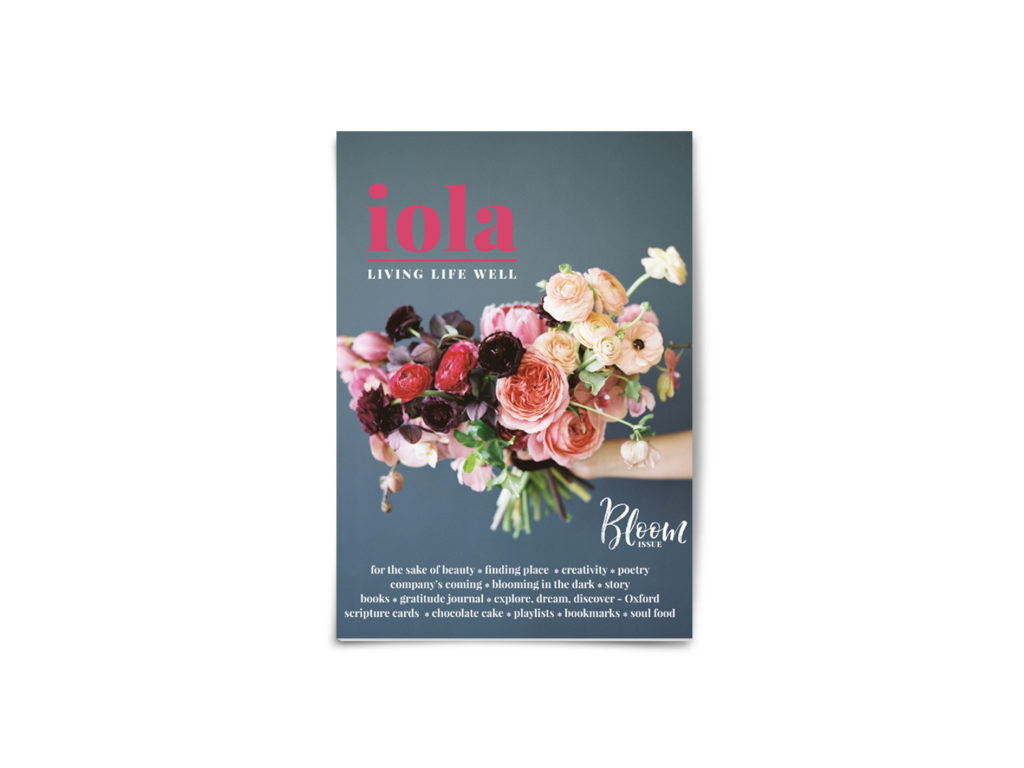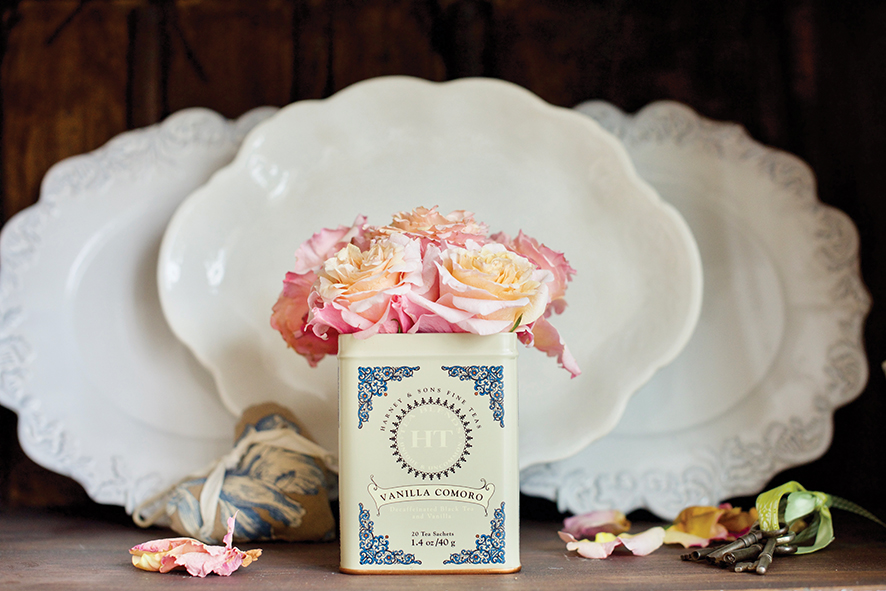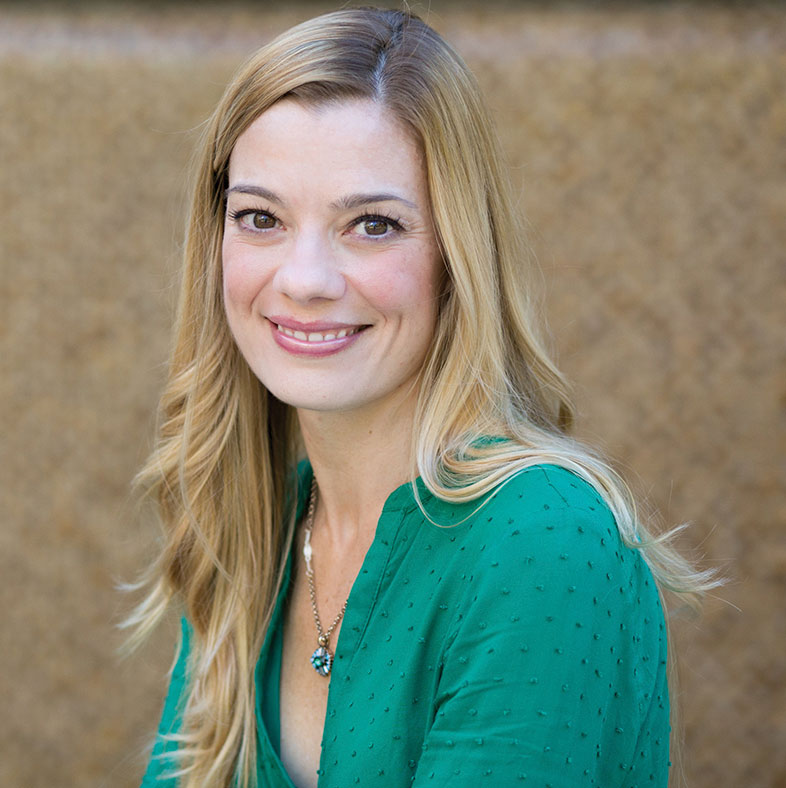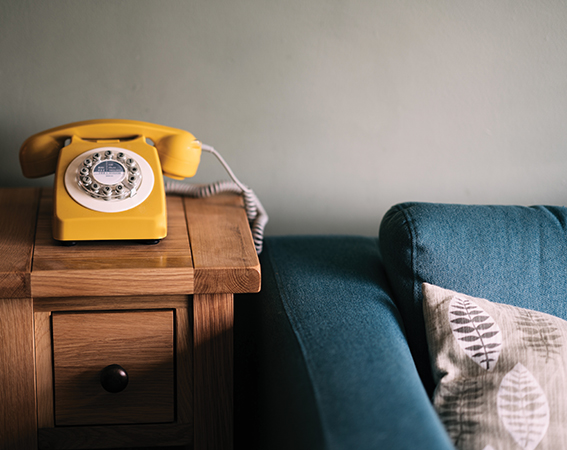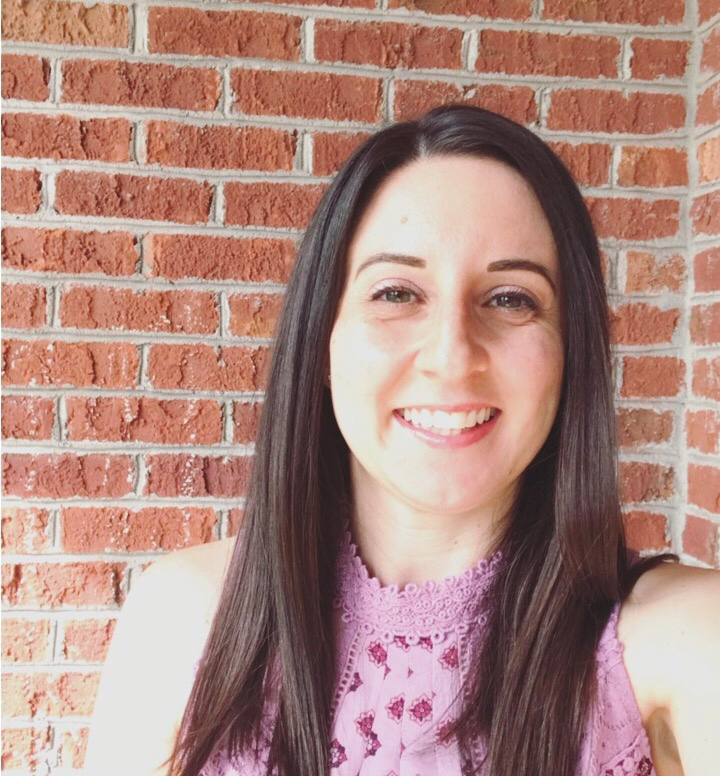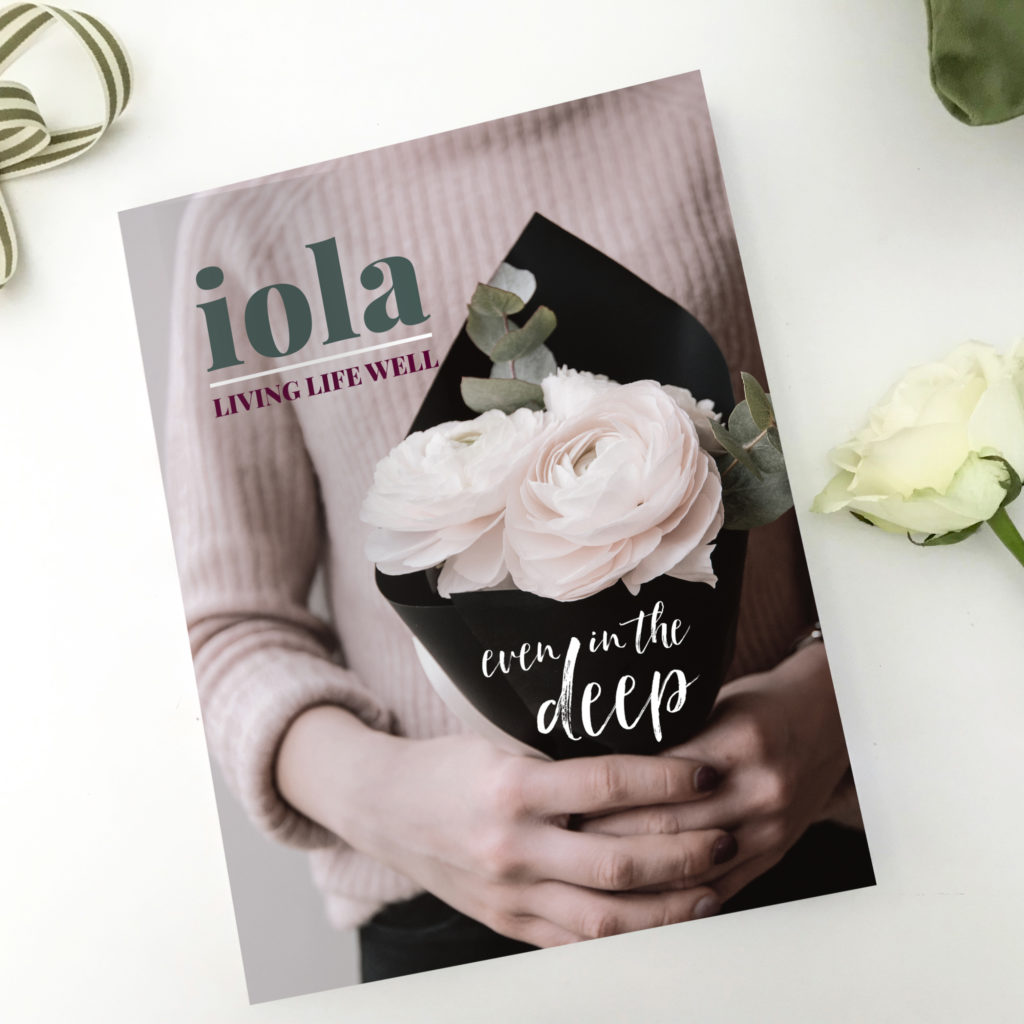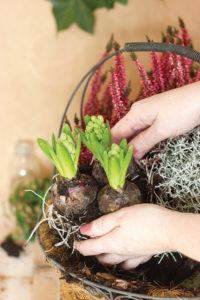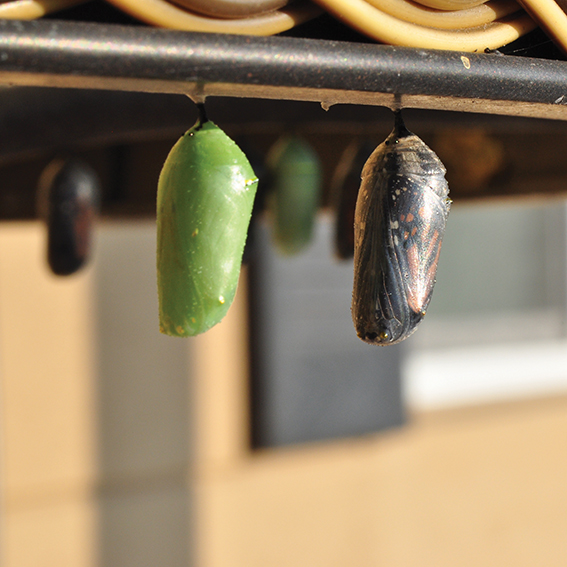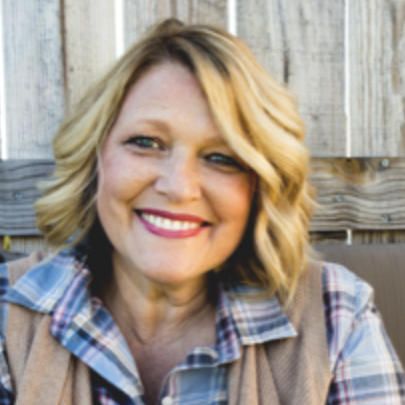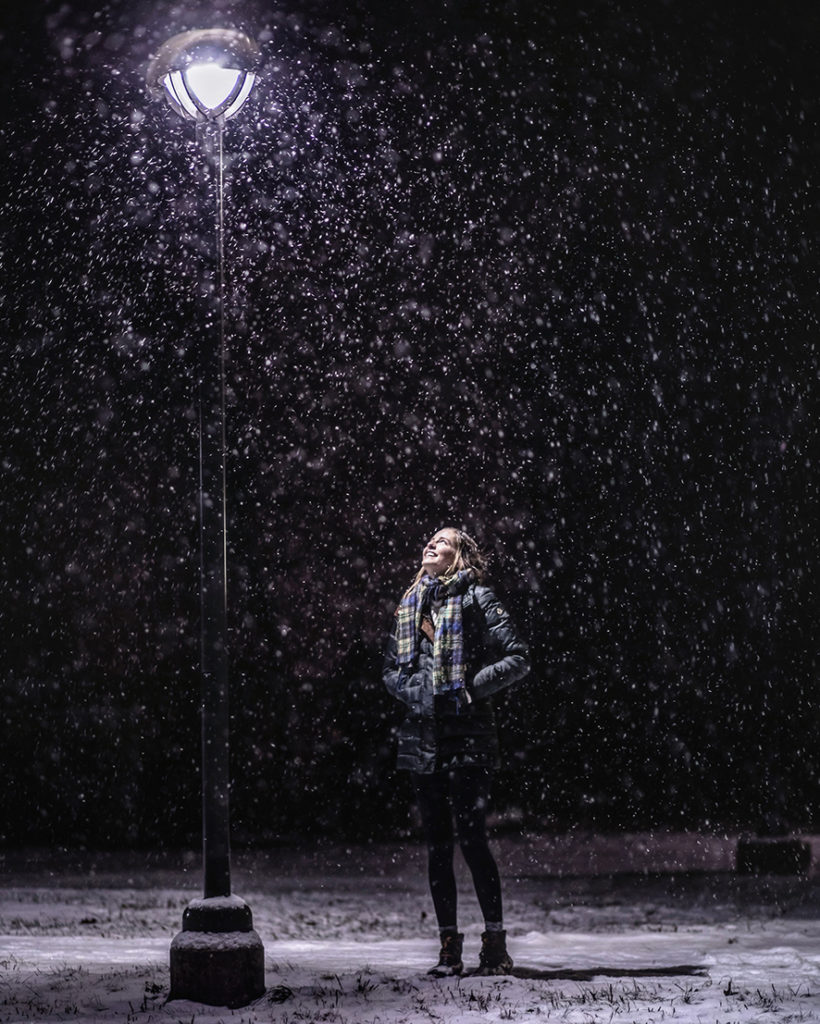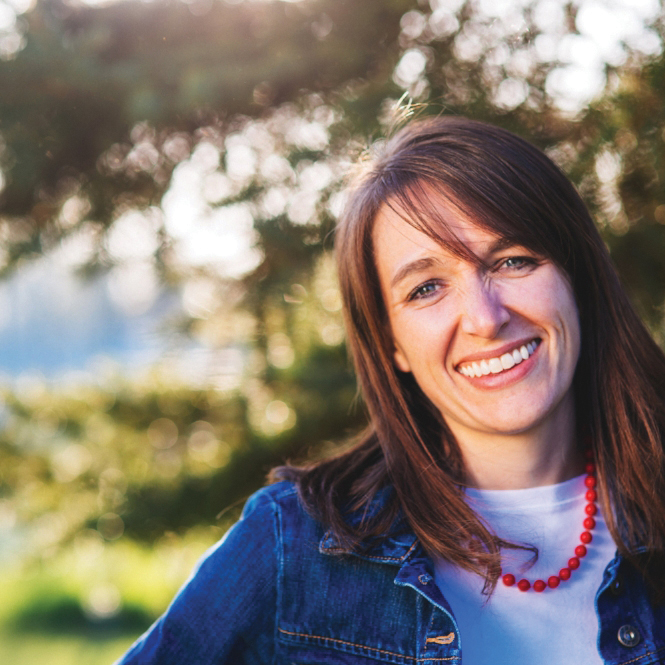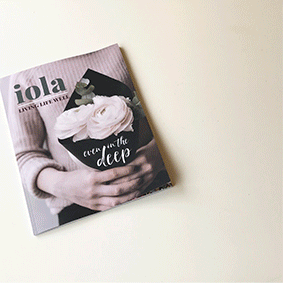We recently packed up the troops and headed to the Rocky Mountains for vacation. When life got a little too full and stressful here in the lowlands of humid Texas, we headed for the hills. I anticipated cool mountain air to bathe my sore soul. What I did not count on were grueling hikes in thin air where my lungs screamed their protest. However, our youngest son rocked the mountain. The altitude did not affect him in quite the same way as it affected my body.

Yet, I didn’t mind the work involved in hiking to the majestic views at 12,000 feet elevation. Instead, I was distracted from it by herding my young charge along the way, doling out snacks from my pack, or stopping for a great photo opportunity. A backpack is an amazing thing: water, snacks, camera, hand sanitizer, and a book to read. It sounds great, right?
Sort of. We ended up doing a lot of hiking in separate groups: the A group and the B group. The A group consisted of the adventurous, determined husbands and the bold, brave sons they produced. Their energy was boundless, their lungs amazingly resilient, the heights they achieved were mind-boggling. I believe they literally hiked circles around us one day. I was happy for them, truly, but hiking to the top of a mountain is not my goal. I like to bask and savor.
Those moments of basking were sweet. The warm sun on my face and a minute or two of quiet to read. Ahhhh. However, I discovered that some of my Texas-sized stress and weariness followed me on vacation. Maybe I had packed it. Here in this breathtakingly beautiful place, surrounded by people I love, how was I still so tired? So full of care?
It wasn’t until one of the last days that I discovered what plagued me. The destination was a quiet reservoir nestled in the mountains. We packed and drove up the mountain. My body was worn out from hiking. This time I simply expected lovely views and rest – except that isn’t what happened.
The mountains called. The distant sound of water called. My children dropped their fishing poles and scampered over rocks and boulders faster than a herd of mountain goats. Not wanting to be left behind again, I reluctantly followed. That’s when I hit a wall. Right there surrounded by beauty and love, I plunked myself down on a rock and cried. Everything that had followed me to the mountains flowed out. Weariness, the relentless striving, the expectations, the loneliness, the sadness, the cry of my heart to be held in the loving arms of my Savior.
As I shed my backpack and left it on the rocks to follow my family, it hit me. All week I had hauled this ridiculously heavy pack around on my back to make sure my children and I had everything that might be wanted or needed for the trip. Some of it I never used. It set me off balance sometimes as I jumped over rocks. At night, my shoulders ached. I hardly thought about it at all, I just accepted my burden as necessary.
My first step on the path unemcumbered freed me. I was light on my feet, balanced, hands-free. I reached my destination with little hindrance and in must less time. While I didn’t have any snacks to share when I got there or a camera to capture the moment, my soul felt lighter. I was left asking myself, what am I hauling around that no one asked me to carry? Ultimately, what is God asking me to carry on my journey?
These are questions I am still wrestling with God. This kind of unpacking of our lives requires prayer and discernment. The things I’ve been carrying in my daily life took a while to accumulate, and I’ve become accustomed to them. I have not been packing light.
I carry fear about the future. However, my fear must be unpacked because knowing the future is a burden He does not ask me to carry.
Like my overstuffed backpack, I carry all the needs of my family on my shoulders and in my heart. However, this can become burdensome when I do not carry this weight in Christ’s strength. Through prayer and faith in the One who knows the needs of my family, I can unpack my weariness.
What I need for the journey is far simpler than I make it. And so, slowly, I am unpacking my burdens and submitting to His loving hand as He instructs me in the way to go. Whether in Houston or in the mountains, I can walk with Him unencumbered.
Whatever I must leave behind on the rocks of the path will not be missed for He gives me Christ’s strength and comfort for the journey.
As I sat on the rocks that day and cried out to the Lord, He heard me. Are you burdened and heavy laden? Cry out to Him to put a new song in your mouth, to help you lose the burdens you carry, and to help you fix your eyes on Christ.
“I waited patiently for the Lord;
he inclined to me and heard my cry.
He drew me up from the pit of destruction,
out of the miry bog,
and set my feet upon a rock,
making my steps secure.
He put a new song in my mouth,
a song of praise to our God.”
Psalm 40:1-3 ESV
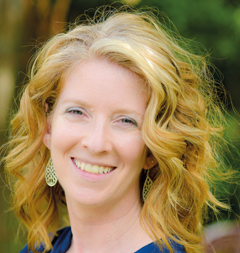
Melissa Smith is living out her everyday adventures in the suburbs of Texas. She loves three things: God, beauty, and words. When she won her first camera in fourth grade, she began collecting beauty. Since then, she has captured snapshots of life: a quiet moment, a startled smile, simple joy. When she is not shuttling her teens to school or homeschooling her youngest, Melissa gathers beauty and writes on her blog framing suffering in the context of joy with Christ. She hopes to bring a slice of loveliness to her readers and point them to her wonderful, loving Savior.
framedinjoy.com
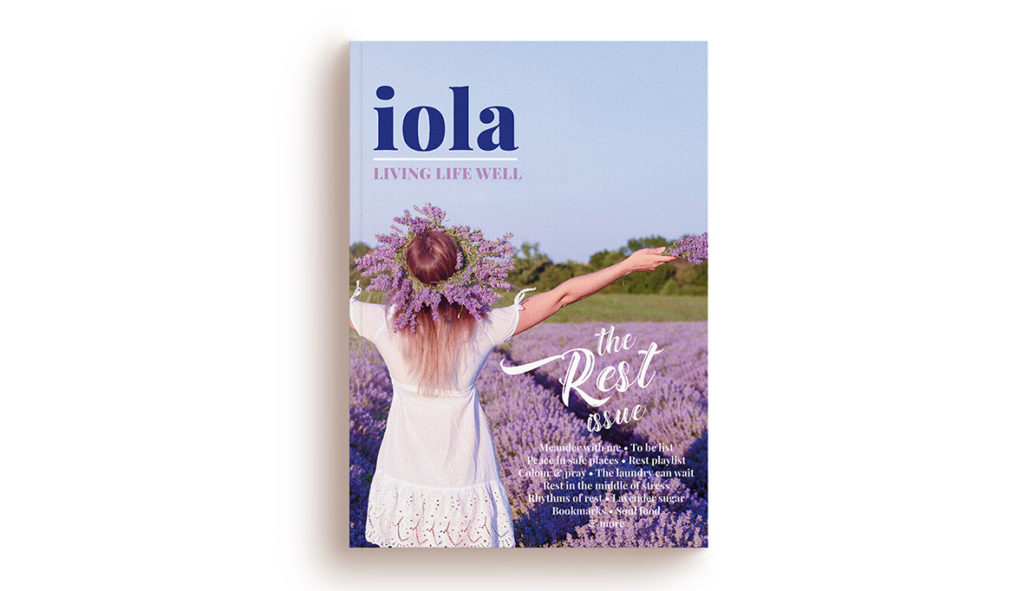
This is one of the articles from the rest issue. Read more about and buy the issue here.
